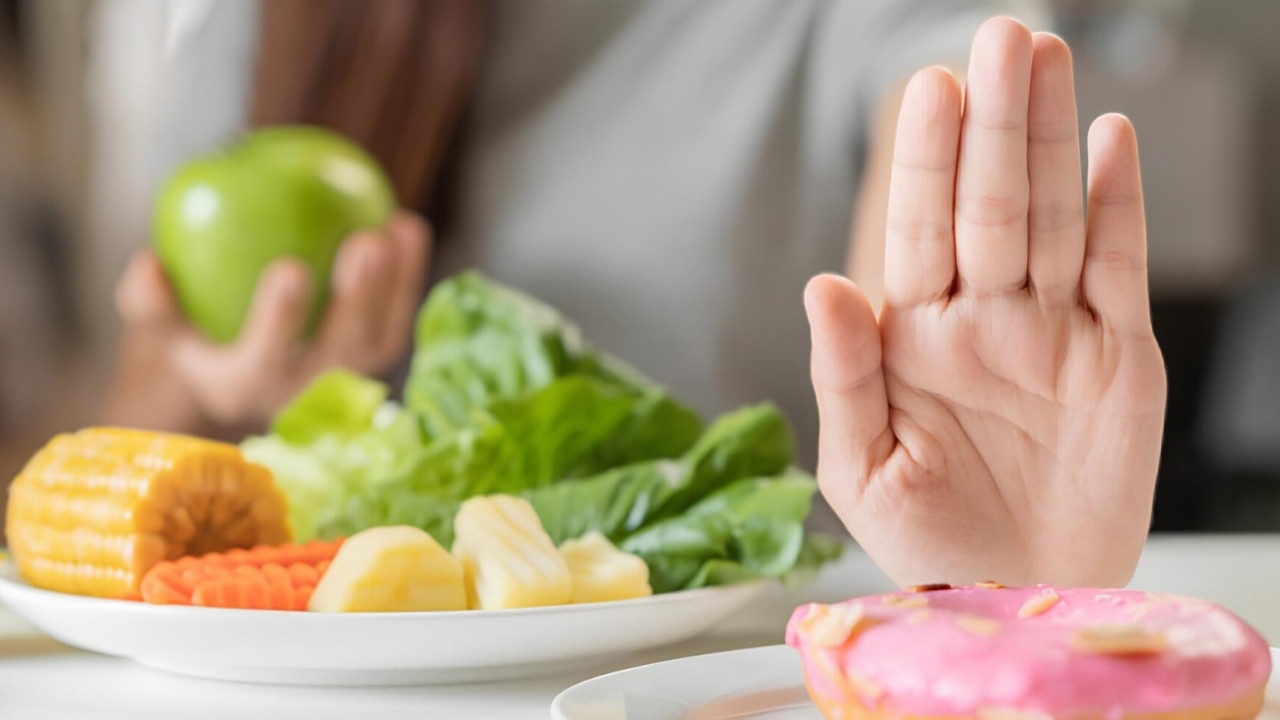
Are you looking for snacks that won't spike your blood sugar? You're in the right place! Finding tasty treats that are low in sugar can be a challenge, but it's not impossible. Whether you're managing diabetes, aiming to lose weight, or just want to eat healthier, low-sugar snacks can be a game-changer. From crunchy nuts to creamy yogurt, there are plenty of options that satisfy your cravings without the sugar overload. In this post, we'll share 22 facts about low-sugar snacks that will help you make better choices and enjoy your snacks guilt-free. Ready to munch smarter? Let's get started!
Key Takeaways:
- "Low in Sugar" Means 5 Grams or Less Choosing foods labeled "low in sugar" means you're getting 5 grams or less of sugar per serving. This can help you make healthier choices and reduce sugar intake for better health.
- Benefits of Eating Low-Sugar Foods Eating foods low in sugar can help you maintain a healthy weight, reduce the risk of type 2 diabetes, and improve dental and skin health. Incorporating low-sugar foods into your diet can lead to overall well-being.
What Does "Low in Sugar" Mean?
Understanding what "low in sugar" means can help make healthier choices. Foods labeled as low in sugar contain a minimal amount of sugar per serving. This can be beneficial for those looking to reduce sugar intake for health reasons.
- Low in sugar typically means a product has 5 grams or less of sugar per serving.
- Foods labeled "no added sugar" might still contain natural sugars from ingredients like fruits or milk.
- The FDA regulates how food manufacturers can label products regarding sugar content.
Benefits of Eating Low-Sugar Foods
Eating foods low in sugar can have numerous health benefits. Reducing sugar intake can improve overall health and well-being.
- Lowering sugar intake can help maintain a healthy weight.
- Reducing sugar can decrease the risk of developing type 2 diabetes.
- Eating less sugar can improve dental health by reducing the risk of cavities.
- Low-sugar diets can help stabilize energy levels throughout the day.
- Reducing sugar can improve skin health and reduce acne.
Common Low-Sugar Foods
Many everyday foods are naturally low in sugar. Incorporating these into your diet can make it easier to reduce sugar intake.
- Vegetables like spinach, broccoli, and bell peppers are low in sugar.
- Nuts and seeds, such as almonds and chia seeds, have minimal sugar content.
- Lean proteins like chicken, fish, and tofu are naturally low in sugar.
- Whole grains, including quinoa and brown rice, contain little to no sugar.
- Dairy products like plain yogurt and cheese are low in sugar compared to flavored varieties.
Tips for Reducing Sugar Intake
Cutting down on sugar doesn't have to be difficult. Simple changes can make a big difference in overall sugar consumption.
- Read nutrition labels to identify hidden sugars in packaged foods.
- Opt for fresh fruit instead of sugary snacks or desserts.
- Use spices like cinnamon or vanilla to add flavor without sugar.
- Drink water or unsweetened beverages instead of sugary drinks.
- Choose whole foods over processed ones to avoid added sugars.
Misconceptions About Low-Sugar Diets
There are many myths surrounding low-sugar diets. Understanding the facts can help make informed decisions.
- Low-sugar diets are not the same as low-carb diets; they focus on reducing sugar, not all carbohydrates.
- Eating low-sugar doesn't mean eliminating all sweet foods; it means choosing options with less added sugar.
- Low-sugar diets can still be enjoyable and flavorful with the right recipes and ingredients.
- Reducing sugar intake doesn't mean sacrificing energy; it can actually lead to more stable energy levels throughout the day.
Final Thoughts on Low-Sugar Foods
Low-sugar foods can make a big difference in your health. They help manage weight, reduce the risk of diabetes, and improve overall well-being. Choosing foods low in sugar doesn't mean sacrificing taste. Many delicious options exist, like fresh fruits, vegetables, nuts, and lean proteins. Reading labels and being mindful of hidden sugars in processed foods can also help.
Incorporating low-sugar foods into your diet can lead to better energy levels and a more balanced lifestyle. It's about making small, sustainable changes that add up over time. Whether you're looking to cut back on sugar for health reasons or just want to feel better, these foods offer a great starting point. Remember, every little bit helps, and your body will thank you for it.
Frequently Asked Questions
Was this page helpful?
Our commitment to delivering trustworthy and engaging content is at the heart of what we do. Each fact on our site is contributed by real users like you, bringing a wealth of diverse insights and information. To ensure the highest standards of accuracy and reliability, our dedicated editors meticulously review each submission. This process guarantees that the facts we share are not only fascinating but also credible. Trust in our commitment to quality and authenticity as you explore and learn with us.
